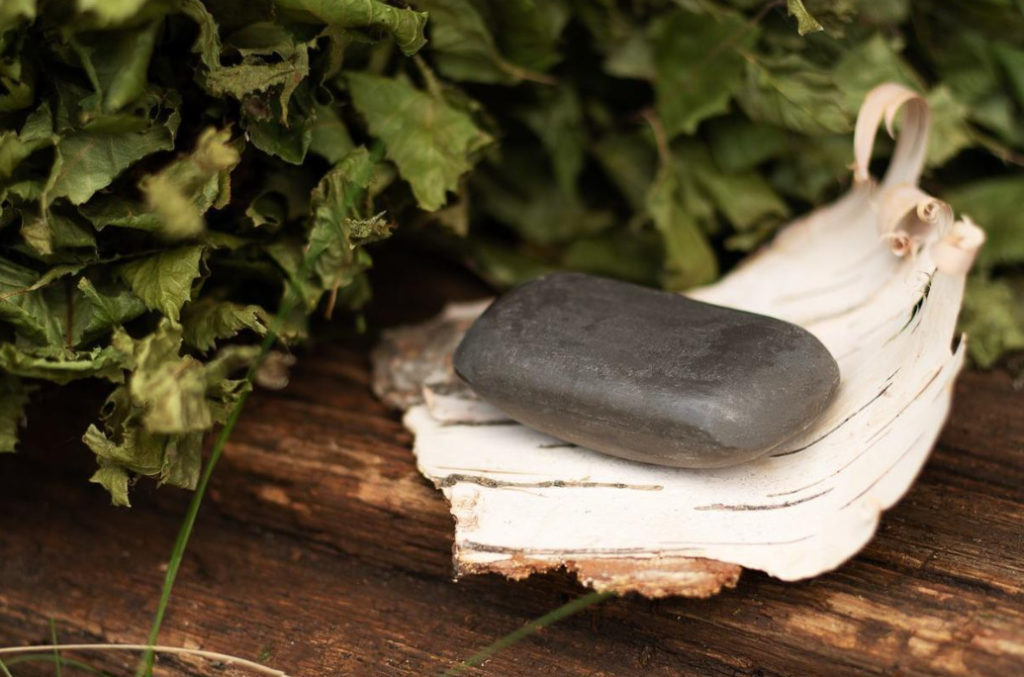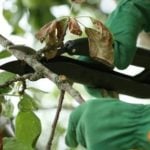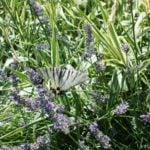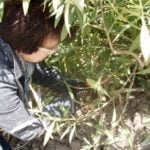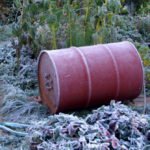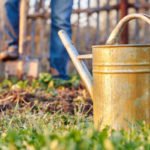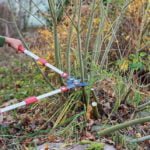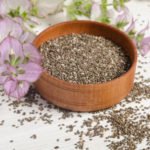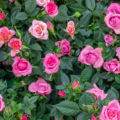The chemical industry offers gardeners more and more new preparations to protect plants from pests and diseases. But often the simplest, inexpensive and long-known tools that are always at hand can very effectively solve suburban problems. One of such familiar resources is tar soap.
Its special properties come from the fact that birch tar is present in its composition. However, not only pure tar is successfully used in gardening, but also ordinary tar soap, sold in any store.
Repelling insect pests
The persistent specific smell of tar is not to the liking of many insects. This fact is taken as a basis for the preparation of insecticides. For further use, the soap must first be grated on a coarse grater — brown chips are obtained.
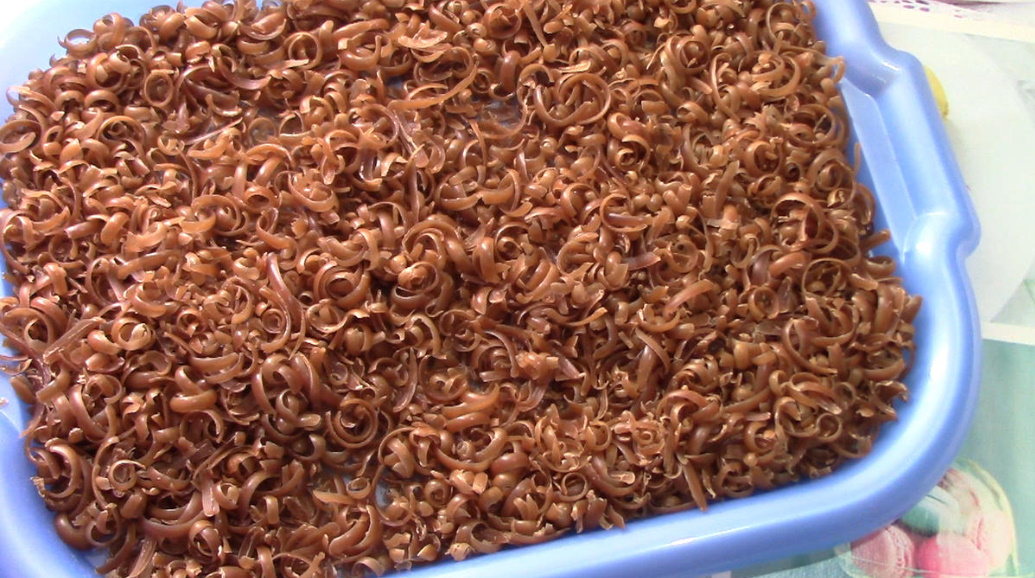
In indoor floriculture
If you notice that midges have appeared in the soil of a houseplant, you can scare them off with tar soap shavings. To do this, it is enough to pour a little grated soap on the surface of the soil, and its smell will scare away insects.
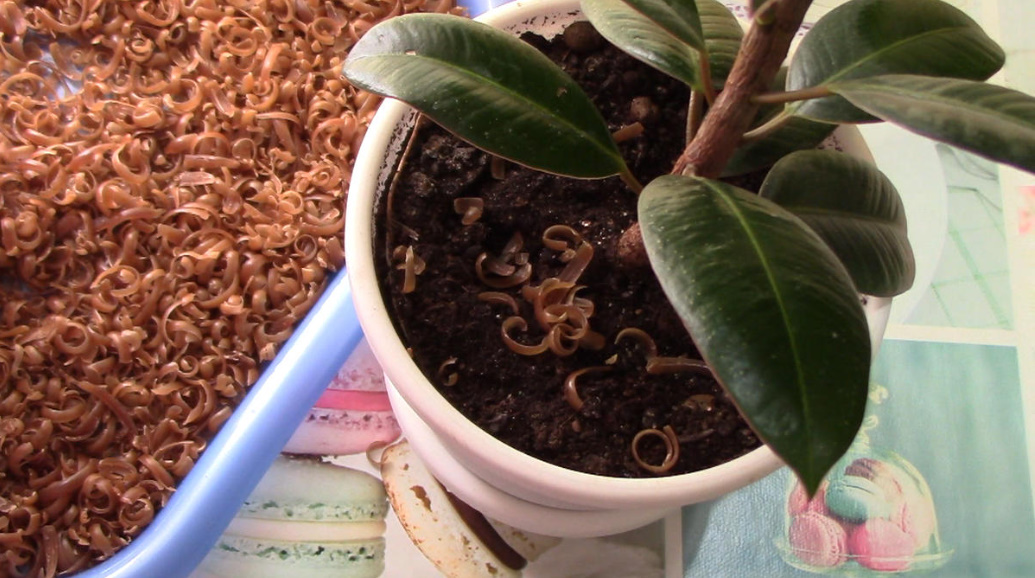
In the garden
To prepare a solution for the treatment of garden and garden plants, first soap chips obtained from rubbing 2 pieces of soap, pour 2 liters of warm water and stir until dissolved. It turns out a thick liquid tar soap. It can be stored in bottles and used if necessary.
From liquid soap, we prepare a concentrate in the proportion of 1 liter to 5 liters of water. Then pour 1 liter of concentrate into a 10-liter watering can and top it up with water. Stir — and pour the plants through the diffuser.
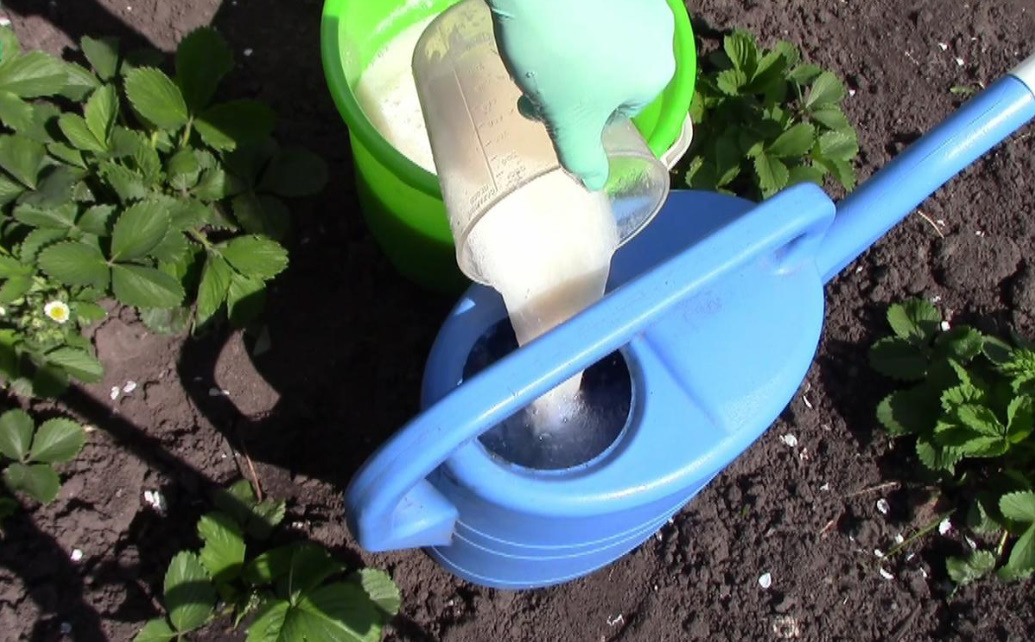
Thus, you can get rid of aphids, onion and carrot flies, weevil, cabbage whitefish, fruit beetles, even the Colorado potato beetle can not stand the smell of tar. However, there is an important limitation: plants should not be treated with tar soap solutions during flowering, since useful pollinating insects will also fly around your plantings.
Do you use tar soap in the garden and vegetable garden? Share your experience in the comments, tell other summer residents how this simple tool works at your dacha.
